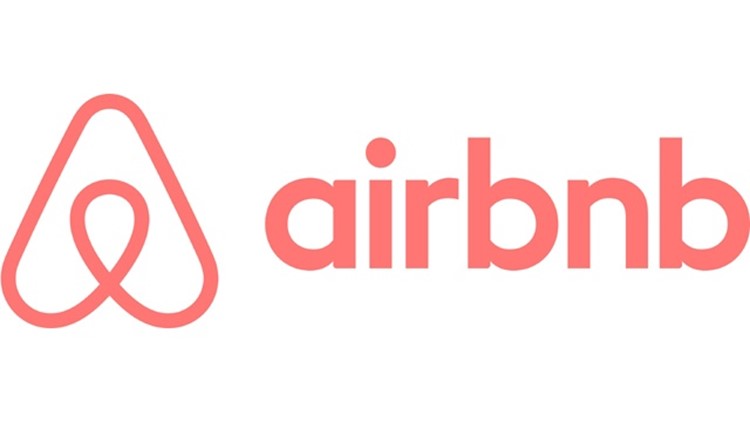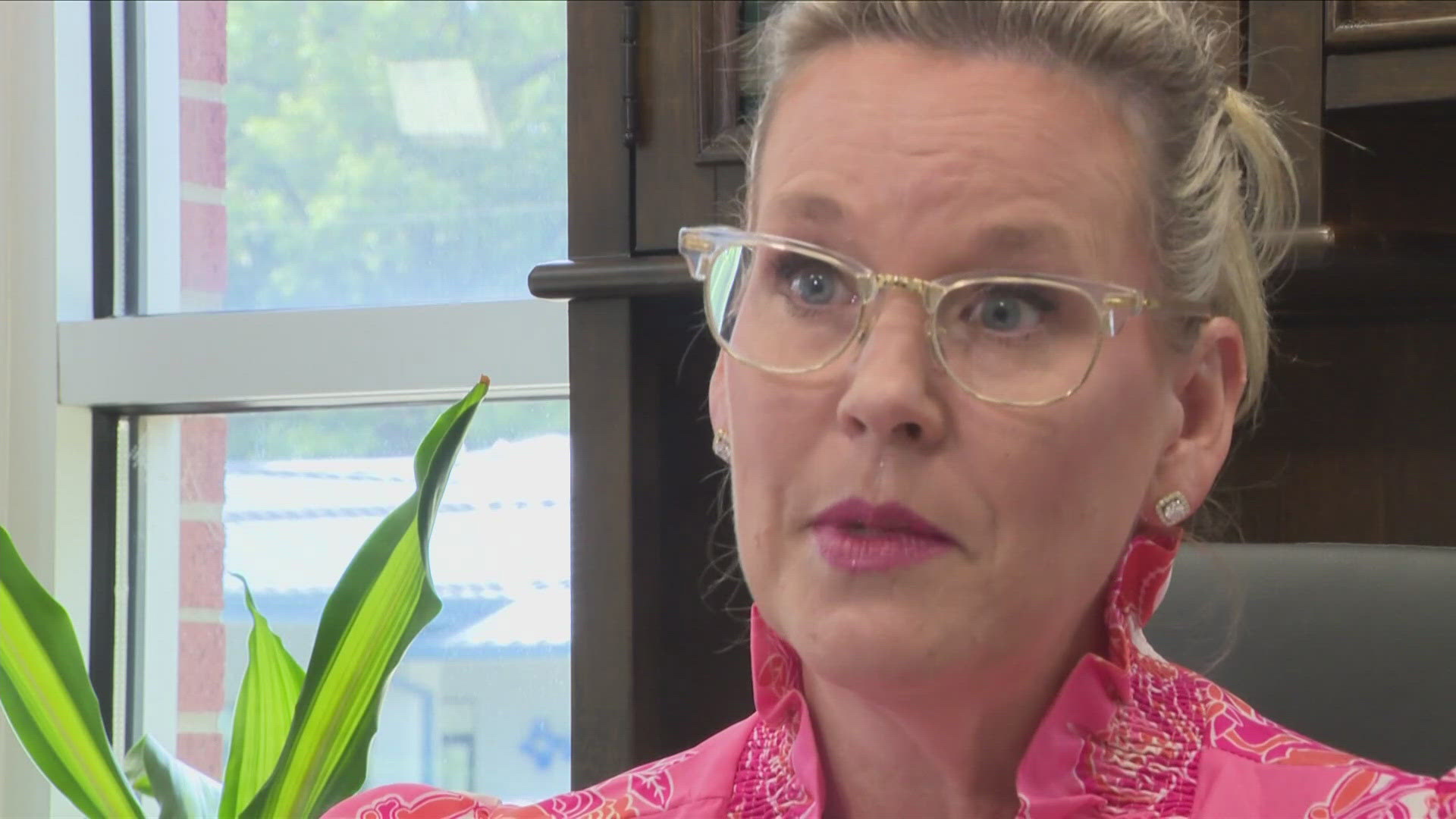Airbnb announced Thursday a statewide tax agreement with the Tennessee Department of Revenue that will allow the company to collect and remit state and local sales taxes on behalf of its 7,700 Tennessee hosts.
With the tax agreement in place, the state will be able to fully capitalize on people visiting Tennessee and staying longer through home sharing.
Effective March 1, Airbnb will automatically collect and remit both the state sales tax of 7% and local sales taxes 1.5% – 2.75%, depending on the county, on all taxable Airbnb bookings in Tennessee.
More than $13 million in state and local sales tax revenue is due annually from Airbnb bookings in Tennessee, based on 2017 numbers.
“I commend the State Department of Revenue for supporting Tennessee families maximizing their participation in the sharing economy,” said State Sen. John Stevens (R-Huntingdon). “As a state, we should continue to encourage these types of platforms that responsibly support host families. I love seeing Tennesseans taking full advantage of their private property rights and making valuable additional income.”
Airbnb has partnered with about 350 local governments across the country to collect and remit taxes, including the City of Memphis and neighboring states like Kentucky, Missouri, Alabama, Mississippi and Arkansas.
This agreement with Tennessee DOR covers taxes assessed by the state, meaning any cities with their own separately assessed room taxes will require their own agreements with Airbnb, similar to the agreement with Memphis that was announced in May which authorized Airbnb to collect and remit Memphis’ occupancy and tourist taxes.
“Home sharing and short-term rentals are introducing a whole new world of travelers to the authenticity of Tennessee while offering new economic opportunities for thousands of middle class residents,” said Laura Spanjian, Tennessee policy director for Airbnb. “We applaud the Haslam administration for its business-friendly approach to public policy.”
Home sharing has impacted many of Tennessee’s communities.
Airbnb hosts significantly expanded lodging capacity during the eclipse as hotels in cities along the path of totality were completely sold out. In Knoxville, Airbnb provided additional, affordable lodging for college parents and football fans during high volume weekends at the University of Tennessee.
And Tennessee hotel revenues continue to grow, in parallel to Airbnb’s growth, suggesting that Airbnb is opening up the state to new prospective tourists by catering to travelers less able to afford hotels, those who desire to stay in neighborhoods or cities that lack hotels, and families who prefer to be together under one roof.



